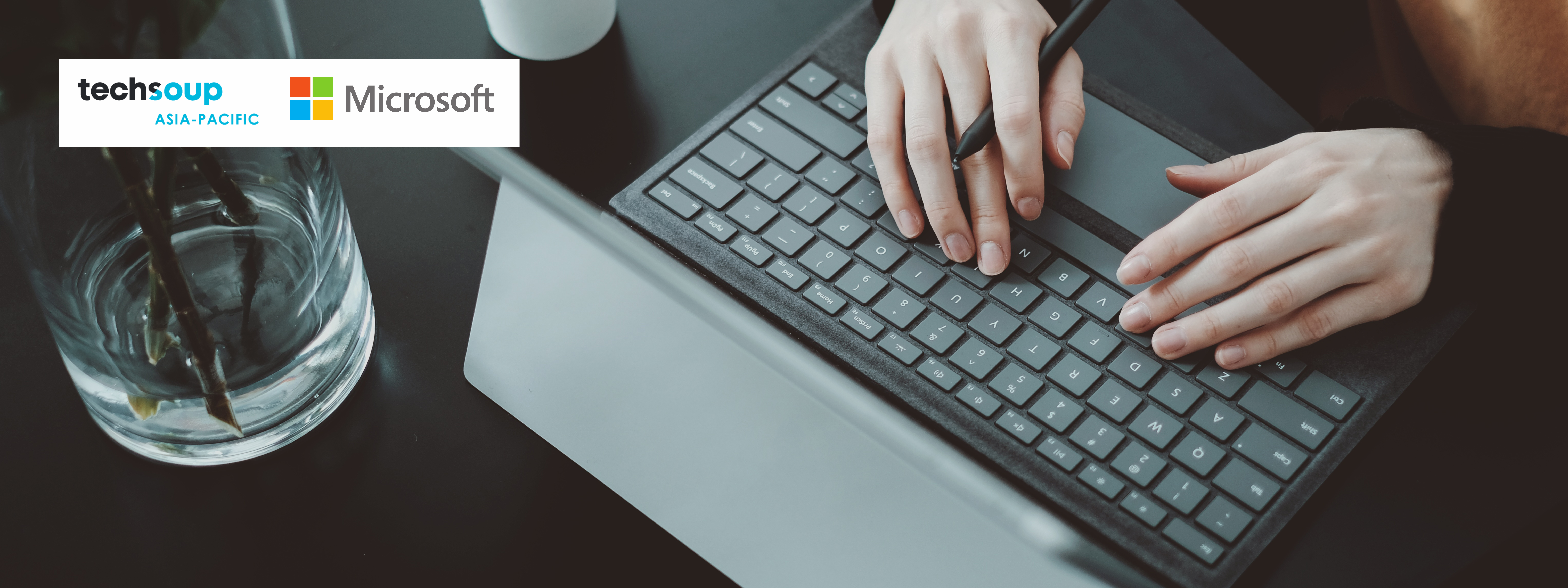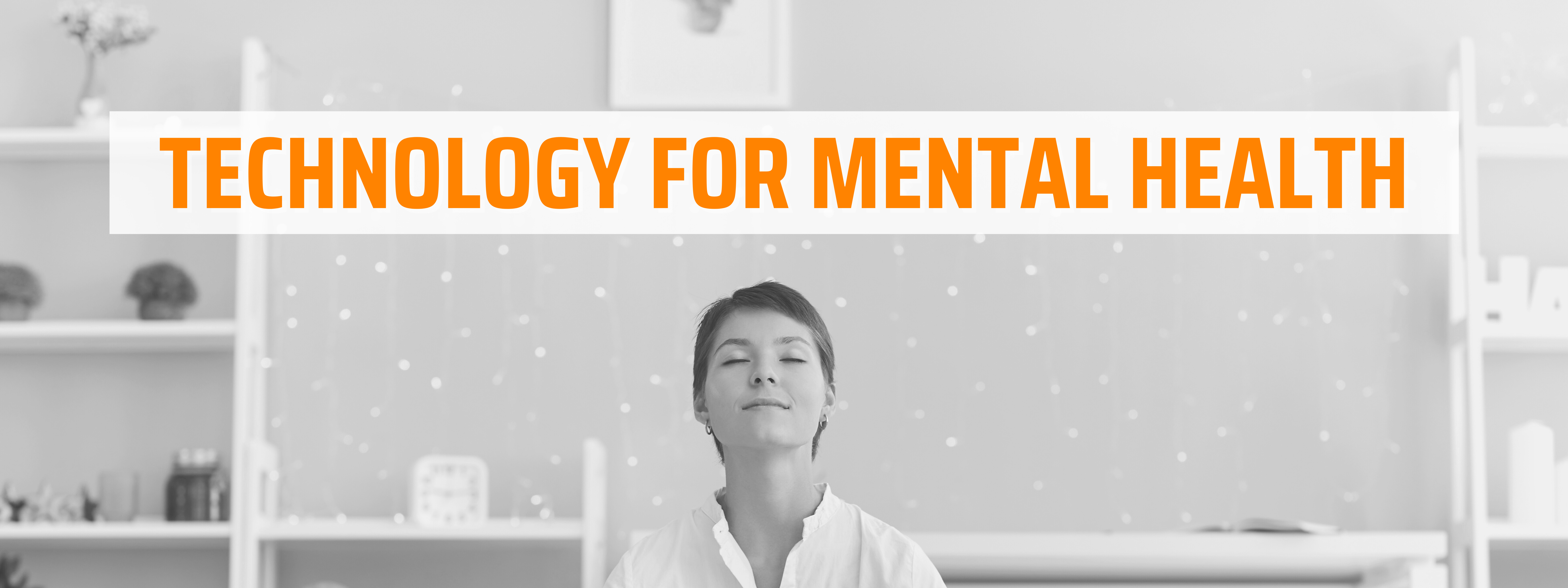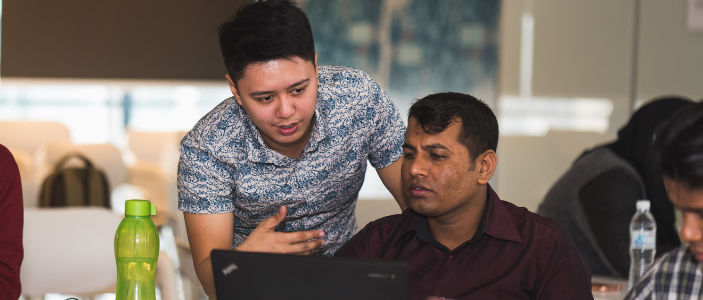The invention of cloud computing – the technology that enables people to collaborate with data anywhere, anytime – dates back to the 1960s, but widespread adoption of the technology emerged with the launch of AWS in the early 2000s.
The technology is not new, so it was alarming when social enterprise Infoxchange launched their 2023 Asia-Pacific NGO Digital Capability Report and found that only 27% of respondents reported they had already moved to the cloud.
Cloud-based tools help organisations enhance efficiencies and drive impactful change. Across the last year, a number of Malaysian and Indonesian nonprofits were selected as a part of the Asia-Pacific Digital Transformation Program, with support from Google.org, and TechSoup Asia-Pacific assisted in the process of migrating to the cloud. In this article, we’ll share three case studies of how this technology migration has helped to accelerate impact.
Reef Check Malaysia: Online collaboration to preserve marine biodiversity

Reef Check Malaysia is dedicated to marine conservation, focusing on protecting coral reefs vital to marine biodiversity and coastal communities. The organisation relies heavily on data collection and analysis to monitor reef health, assess human impact, and guide conservation efforts.
The team underwent a cloud migration process to assist with their ability to report and provide evidence of impact. Before, obtaining this data and evidence involved laborious back and forth via emails with no unified source of information.
“Our team is scattered across islands in Malaysia, so it’s been incredible being able to simply tag staff in a document to respond to different items and not have information get lost. It’s also ensured documents are safer – instead of having one login for our entire drive,” shared Theresa Ng, Chief Operating Officer at Reef Check Malaysia.
For Theresa’s team, moving to the cloud has enabled them to be more strategic in their approach to marine conversation. “We now have a more systematic approach to capturing data and be more evidence focused. For example, we can track how many ghost nets have been removed across different areas where our projects are because we can accurately track that data and make it available to the organisation,” she shared.
Accessing cloud platforms enables integration of various data resources. Once Reef Check Malaysia improves access and visibility of data, this opens the door to powerful analytics capabilities, helping volunteers, staff or even scientists synthesize large datasets to identify threats and trends to coral ecosystems.
And with teams spread widely across islands in different locations, cloud-based tools can facilitate stronger real-time communication and coordination. This ensures project updates, new findings and critical decisions can be shared instantly, enhancing the responsiveness and agility of conservation efforts.
Researchers, local communities and staff can also easily access and contribute to a growing repository of knowledge.
Solar Chapter Indonesia: Improving water access for under-developed communities
Solar Chapter Indonesia focuses on improving access to water for remote communities in Indonesia. Many community members are forced to walk three miles to access clean drinking water. The team at Solar Chapter aims to bring that down to a three minute walk.
With staff located across the country, they faced challenges in collaboration. Many staff were storing information in siloed locations (such as personal Google drives), and the organisation didn’t have one single source of truth for their data.
The team went through a Google Workspace migration process, which allowed them to collaborate in a team account where information is stored in a collective location that can be accessed from anywhere in Indonesia and globally. This helped dramatically improve the team’s ability to collaborate, even when working remotely.
“Moving to the cloud has allowed us to work from anywhere. Now we can work more productively and effectively, with no more issues with drive access because we are now using shared drives,” shared Aini Mutia, Communications Coordinator at Solar Chapter Indonesia.
The team now has more time to grow the project. With a small team, this means they can focus on programmatic activities and community engagement to mitigate the water crisis in East Nusa Tenggara, Indonesia. With a goal to engage more young people in their collaborative movement, they can better communicate the project’s needs using impact data and attract more people to their mission.
Zero Waste Malaysia: Promoting sustainable consumption and waste reduction

Zero Waste Malaysia is an organisation dedicated to reducing waste and promoting sustainable consumption practices. The organisation advocates for policies that support waste reduction, runs educational campaigns, and collaborates with businesses to implement zero-waste strategies.
Zero Waste Malaysia has more than 49,000 people in their online Facebook group, so it’s critical that they can have smooth onboarding processes for people who want to participate in the mission.
Before undergoing a digital transformation program, the team were coordinating via siloed systems, through laborious, time-intensive manual processes.
Introducing a streamlined collaborative environment through a process of cloud migration means that the team were able to equip volunteers and corporate clients with the resources necessary from one convenient location.
“We produce a lot of online educational content for groups, teachers and others. None of our four full-timers have sufficient time to train all volunteers or provide educational resources for our corporate clients. Additionally, none of our team are experts on data security, and we needed a more effective system that takes into account security and access of our educational resources for different groups,” shared Tasha Sabapathy, Senior Programme & Communications Officer.
The team underwent a comprehensive overhaul of their digital platforms through a digital transformation plan involving a migration to fully cloud-based platforms, dramatically reducing the time needed to better focus on their mission.
The process of migration has enabled them to improve collaboration among volunteers, optimise workflows, and increase time available to execute on their advocacy and membership growth, bolstering their impact on waste reduction initiatives.
Cloud collaboration is more than just a technological enhancement; it is a transformative force for nonprofits in the Asia-Pacific region. By enabling efficient data management, real-time communication, and scalable resource sharing, cloud-based tools empower organisations like Reef Check Malaysia, Solar Chapter Indonesia, and Zero Waste Malaysia to maximize their impact.
As these organisations continue to address some of the most challenging environmental and humanitarian issues, cloud collaboration will remain a critical component of their strategy, driving innovation, inclusivity, and sustainable development.
Asia-Pacific Digital Transformation in a glimpse
The aforementioned APAC Digital Transformation Program is a year-long initiative led by Infoxchange, with support from Google.org, the Asian Development Bank and delivered in collaboration with TechSoup Asia-Pacific. Across 12 months, 47 participating organisations underwent assessment-driven initiatives such as building their capacity to better utilise existing tech resources, as well as introducing & implementing new solutions & workflows to build operational efficiencies and security.
























